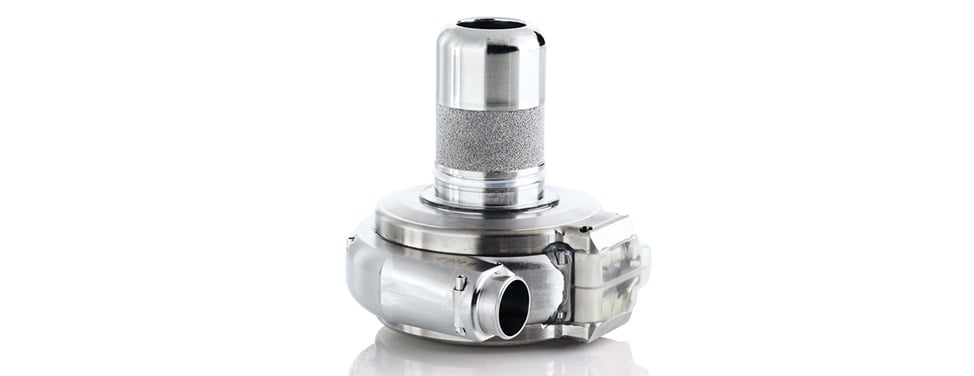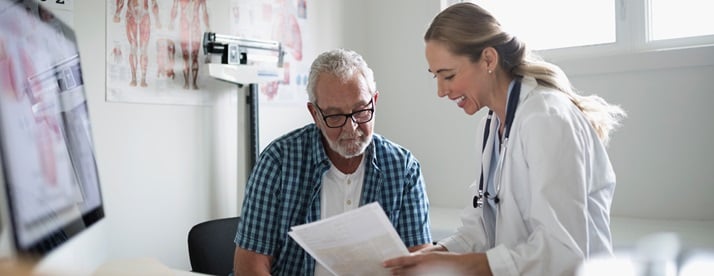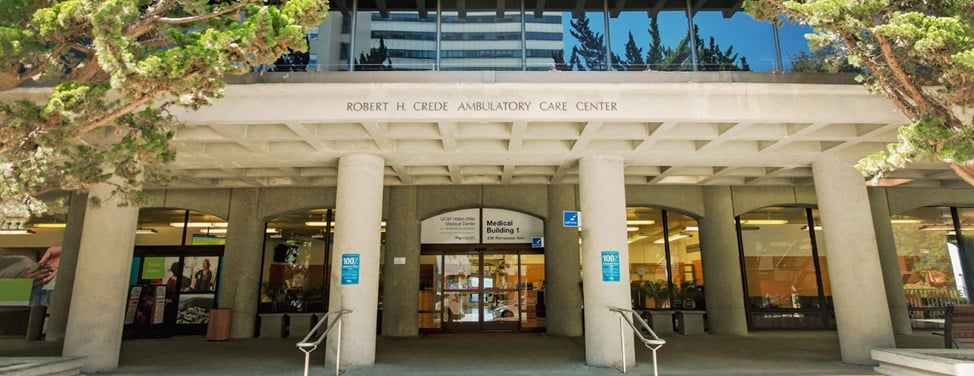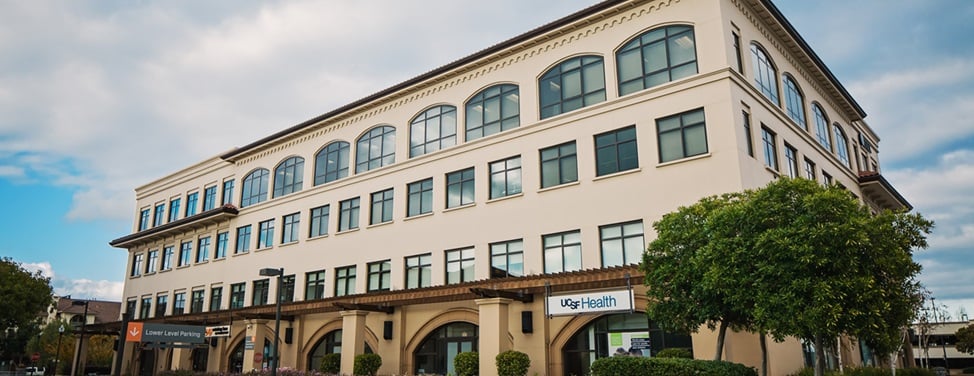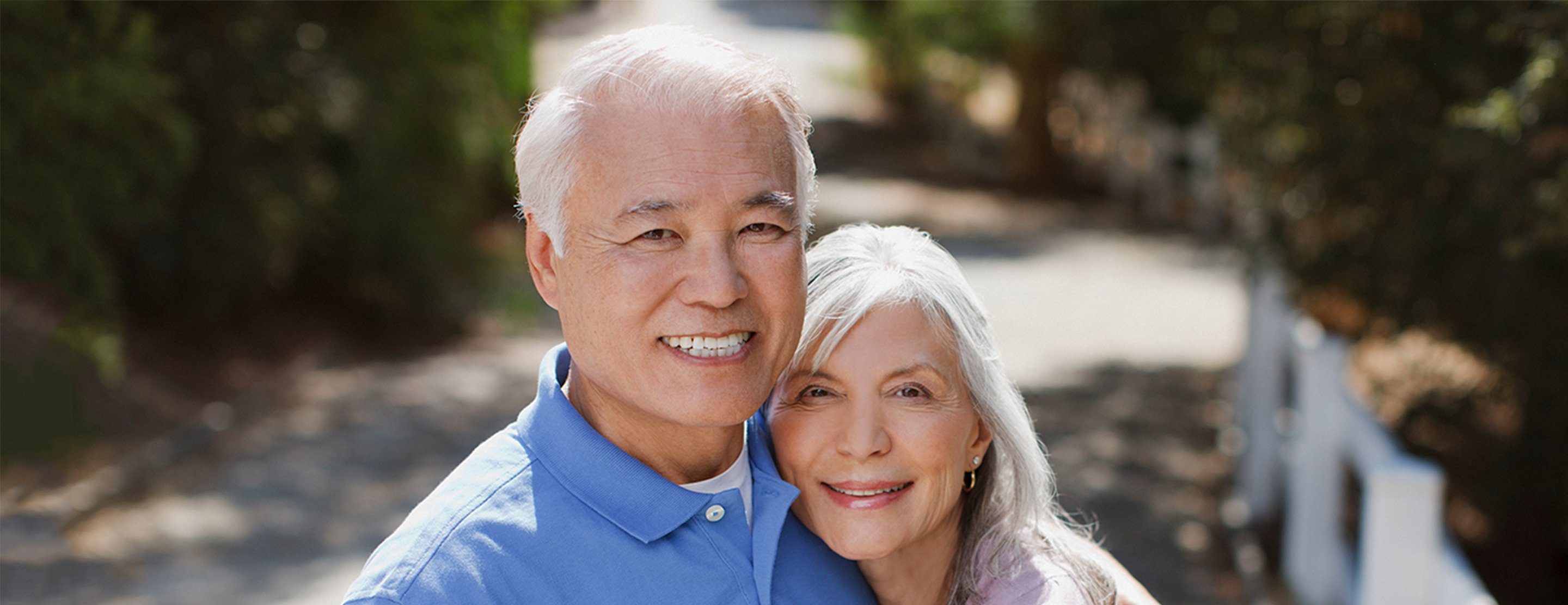
Mechanical Circulatory Support
The UCSF Mechanical Circulatory Support (MCS) Program uses various types of mechanical heart pumps to care for patients with advanced heart failure. These pumps – called ventricular assist devices or VADs -- can:
- Support heart function and improve quality of life for patients awaiting a heart transplant.
- Help a failing heart rest until other treatment options become viable
- Improve quality of life where there are no remaining treatment options.
The most common type of support we provide are left ventricular assist devices, or LVADs.
When your heart failure symptoms become overwhelming and medications don't seem to be helping, your doctor will talk to you about mechanical circulatory support therapy. They can make a referral to our program to meet with an MCS cardiologist or surgeon.
As part of our evaluation, you may need to undergo several tests. These may include an echocardiogram, a cardiac catheterization and pulmonary function tests if you haven’t already had them, as well as other tests.
Your MCS doctor will review the results of these tests to determine whether you are a good candidate for this treatment. If we find that VAD therapy is right for you, we will coordinate the care with you and your cardiologist.
Doctor referral required
Our locations
Patient education
Our team
Clinical trials
Levothyroxine Supplementation for Heart Transplant Recipients
Measured using the vasoactive-inotropic score (VIS) scale. VIS calculation: dopamine dose (μg/kg/min) + dobutamine dose (μg/kg/min) + 100 × epinephrine dose (μg/kg/min) + 10 × milrinone dose (μg/kg/min) + 10 000 × vasopressin dos...
Recruiting
Awards & recognition
-
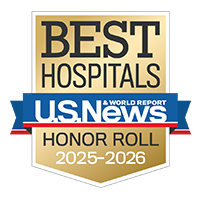
Among the top hospitals in the nation
-
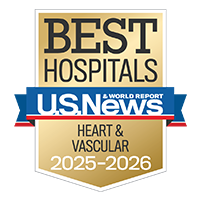
One of the nation's best for heart & vascular care
-
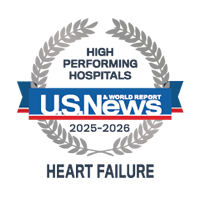
Rated high-performing hospital for heart failure care
-
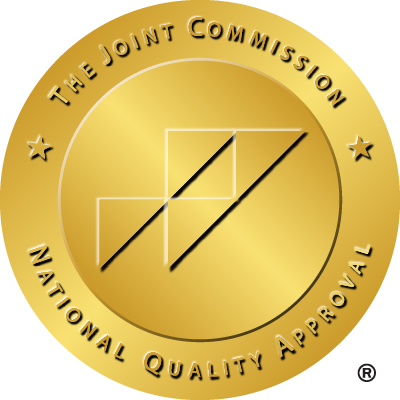
Ventricular assist device (VAD) program certified by the Joint Commission
-

lower rate of hospital readmissions
-

lower rate of most complications
Support services
Plan your visit
What to Bring
- Photo I.D.
- Health insurance card
- Insurance authorization, if required
- Doctor's referral, if required
- Recent test results related to your condition
- List of your medications, including dosages, plus any you're allergic to
- List of questions you may have
- Device or paper for taking notes
Related clinics
Our research initiatives
-
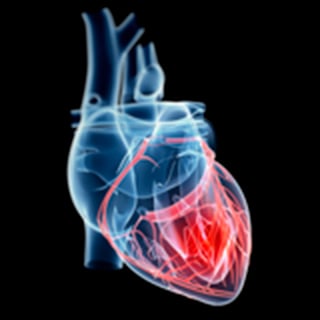
UCSF Heart Failure and Pulmonary Hypertension Research
The UCSF Division of Cardiology conducts research aimed at improving the understanding and treatment of pulmonary hypertension and heart failure.






